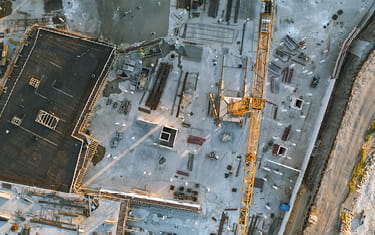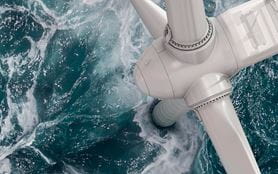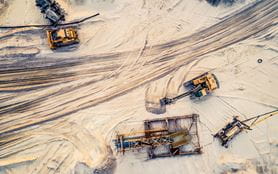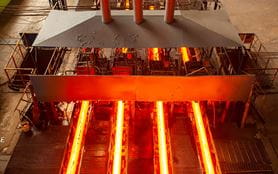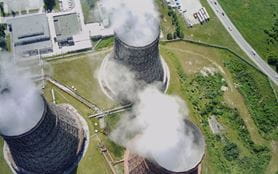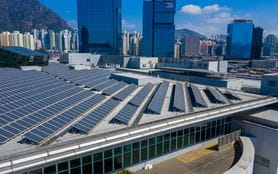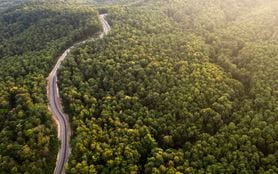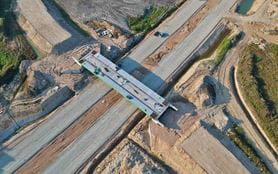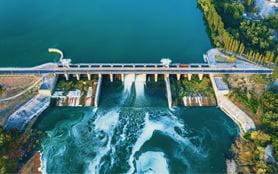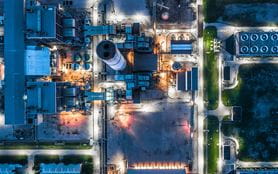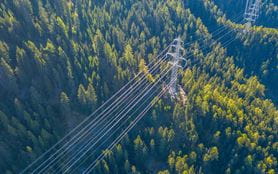West has responsibility to deliver a ‘just’ energy transition
Related people
Headlines in this article
The West built its economy on hydrocarbons, but the effects of climate change will be felt more severely elsewhere. The developing world therefore needs to be supported through the transition.
The economic disparity between the developed and developing worlds is a material barrier to agreeing global climate targets. A “just” transition is critical for many stakeholders – the West built its economy on hydrocarbons, but the effects of rising temperatures will be disproportionately felt elsewhere.
The U.S., UK and EU member states have together contributed almost half (47%) of historic GHG emissions. By contrast, Southeast Asian countries are responsible for 2%. Yet according to the Global Climate Risk index, six of the 10 countries worst affected by climate change between 2000 and 2019 were in Asia.
Is $100bn enough for the developing world?
Tackling emissions in the developing world will require both demand- and supply-side reforms. As a gauge of the potential costs, Germany is set to spend €177bn on climate action and economic transformation between 2023 and 2026.
In 2009, wealthy countries pledged $100bn a year between 2020 and 2025 to support climate adaption and mitigation measures across all developing nations.
Governments in the developing world do not have the money to develop new energy systems at the same time as they tackle climate change and invest to grow their economies.
Raising the price of carbon will eventually lower the cost of energy. But in the short term, power will become more expensive as low-carbon infrastructure is built out at scale.
Governments in the developing world simply do not have the money to develop these new energy systems at the same time as they tackle climate change and invest in healthcare and education to grow their economies.
Boosting the budgets of multilateral agencies would help bridge the gap, but this is largely not happening.
Support global South with regulatory reform
There are, of course, more ways for the West to support the transition than by simply providing money. Emerging economies desperately need new regulation to support their transition, and wealthy nations could accelerate this process by passing on the lessons learned from their own regulatory reforms.
This could involve guidance on how to decentralise power infrastructure from state-owned monopolies; increase the efficiency of “wheeling” (ie the process by which an electricity generator exports power to an end user over someone else’s transmission network); develop liability regimes for CCUS and nuclear; set a price for carbon; or reform reporting rules.
Developed countries can help emerging economies ‘leapfrog’ to the most effective technologies by sharing their knowledge of smart grids and other innovations.
Additionally, there is a massive opportunity for emerging economies to ‘leapfrog’ to the most effective technologies. Here, too, developed countries can support this process by sharing their knowledge of smart grids and other innovations.
Governments in the developing world can also do more themselves – delivering regulatory reforms, committing to policy change, and making difficult decisions to break up state monopolies. The West must play its part, but Net Zero cannot be achieved without countries working together.
Read more about our renewables and clean technology services.

